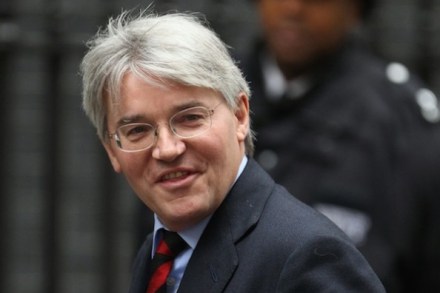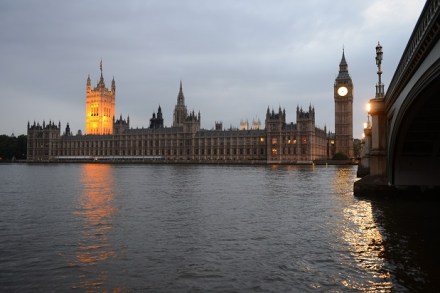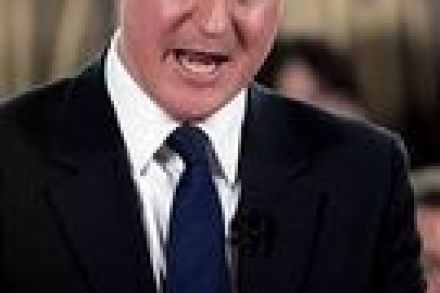Tory rebels are already starting to cause trouble
David Cameron might have had an enjoyable session teasing Labour at Prime Minister’s Questions, but as soon as he’d finished doing so in his head-to-head with Harriet Harman, he was reminded that winning an election with a majority that is so small means he can’t have fun all the time. Andrew Mitchell stood up to press the Prime Minister on human rights reform, expressing concern about any moves to leave the European Convention on human rights: ‘My right hon. Friend will be well aware that there is considerable concern on both sides of the House at the proposition that Britain might withdraw from the European convention on human rights. Will













